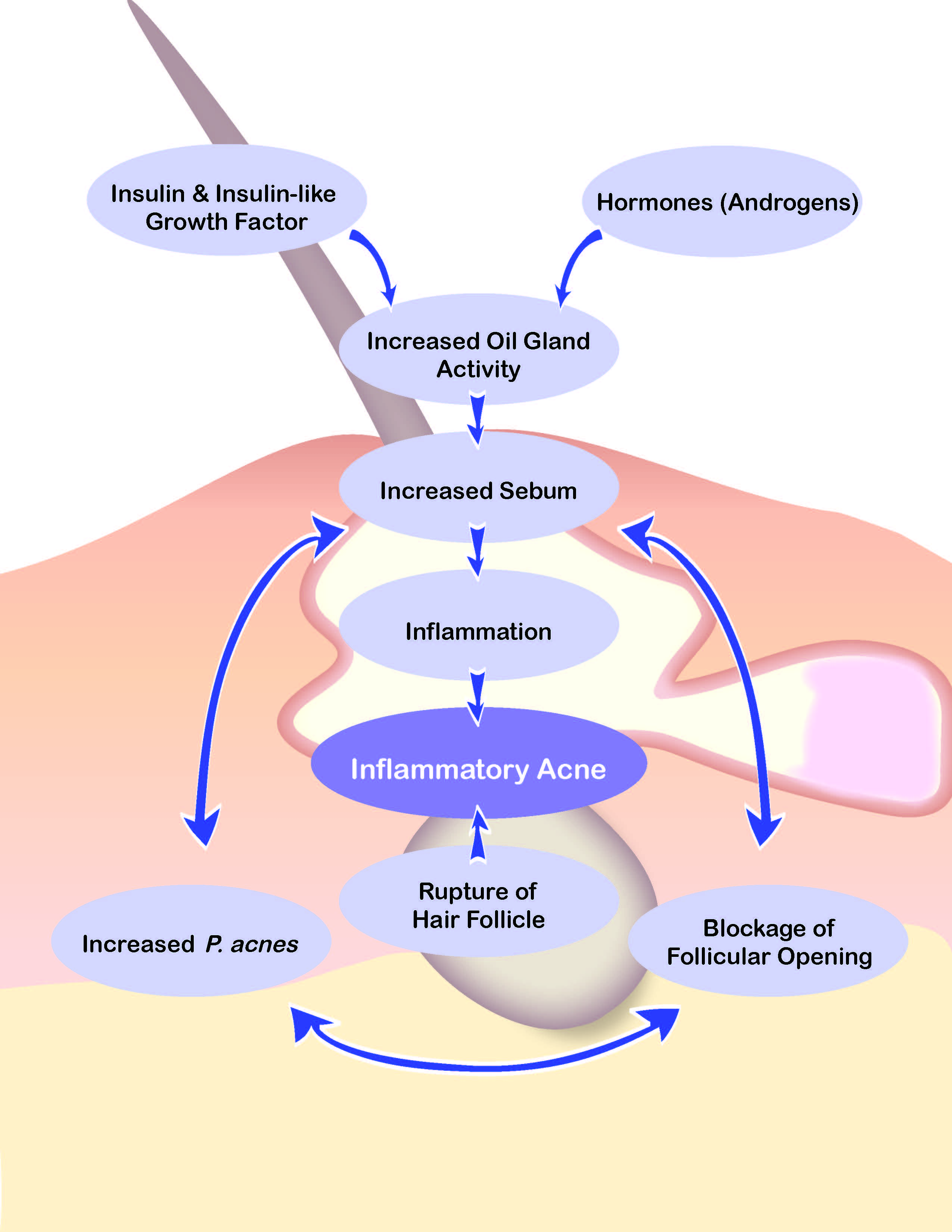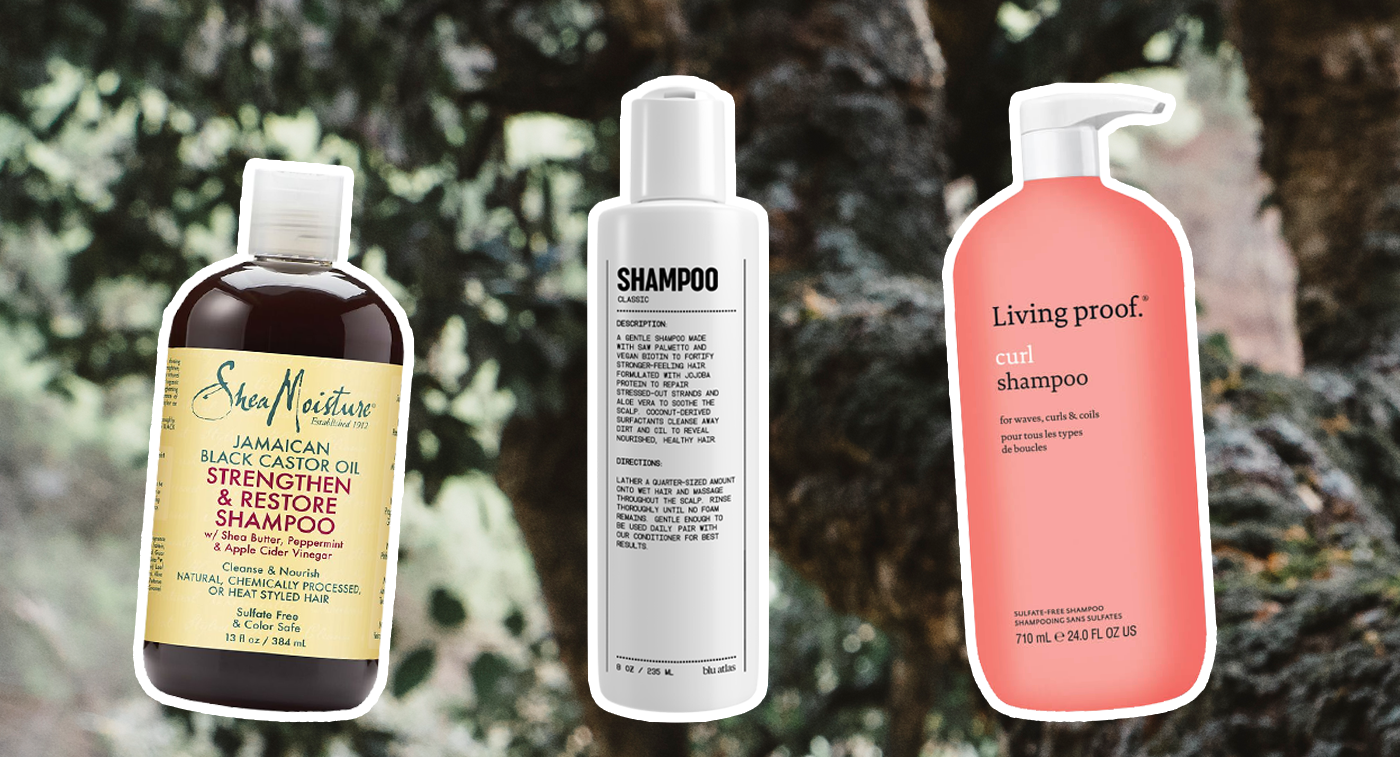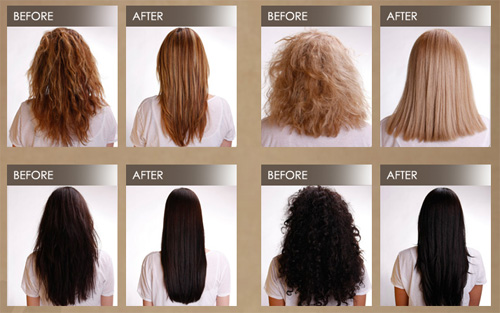The Hair-Raising Truth: How Hair Products Contribute to Acne
Related Articles: The Hair-Raising Truth: How Hair Products Contribute to Acne
Introduction
With great pleasure, we will explore the intriguing topic related to The Hair-Raising Truth: How Hair Products Contribute to Acne. Let’s weave interesting information and offer fresh perspectives to the readers.
Table of Content
The Hair-Raising Truth: How Hair Products Contribute to Acne

Acne, a common skin condition characterized by pimples, blackheads, and whiteheads, can be a source of frustration and discomfort. While many factors contribute to its development, a lesser-known culprit often hides in plain sight: hair products.
The link between hair care products and acne is rooted in the way these products interact with the skin. While designed to enhance hair health, many ingredients can trigger breakouts, particularly on the forehead, temples, and hairline, where the scalp and face meet.
Understanding the Culprits: Ingredients to Watch Out For
Several common ingredients found in hair products can contribute to acne. These include:
1. Oils and Silicones:
- Mineral Oil: This petroleum-based oil is often used to add shine and moisture to hair. However, it can clog pores, trapping dirt and oil, leading to breakouts.
- Silicones: These synthetic polymers provide a smooth, sleek finish to hair. While they do not directly cause acne, they can create a barrier on the skin, preventing it from breathing and contributing to clogged pores.
2. Fragrance:
- Synthetic Fragrances: Many hair products contain artificial fragrances to mask the scent of ingredients. These fragrances can be highly irritating and trigger inflammation, contributing to acne.
3. Alcohol:
- Isopropyl Alcohol: Commonly used as a drying agent in hairsprays and styling products, alcohol can strip the skin of its natural oils, leaving it vulnerable to irritation and breakouts.
4. Parabens:
- Methylparaben, Propylparaben: These preservatives are widely used in hair products to prevent bacterial growth. However, they are known to be potential endocrine disruptors and can contribute to skin inflammation.
5. Other Potential Irritants:
- Thickening Agents: Products that contain thickeners, like polymers and waxes, can also contribute to clogged pores.
- Colorants: Some hair dyes and colorants contain ingredients that can irritate the skin and trigger acne.
The Mechanism of Acne Development
The development of acne is a complex process involving several factors. When hair products containing pore-clogging ingredients are applied to the hairline, they can:
- Clog Pores: The ingredients can trap sebum, dead skin cells, and bacteria within the pores, leading to the formation of blackheads and whiteheads.
- Increase Sebum Production: Some ingredients can stimulate the sebaceous glands, causing them to produce more oil, further contributing to clogged pores and breakouts.
- Trigger Inflammation: Irritating ingredients can trigger inflammation, leading to redness, swelling, and painful pimples.
Beyond the Ingredients: Application and Habits
While ingredients play a crucial role, the way hair products are applied and personal habits can also contribute to acne:
- Applying Products Too Close to the Hairline: Applying styling products, conditioners, or hair masks directly to the hairline can lead to product buildup and clogged pores.
- Not Rinsing Thoroughly: Failing to rinse hair products completely can leave residues on the skin, contributing to breakouts.
- Touching the Face Frequently: Touching the face with unwashed hands can transfer dirt, oil, and bacteria from the hair and scalp to the skin, exacerbating acne.
Minimizing the Risk: Tips for Acne-Prone Individuals
For individuals prone to acne, taking steps to minimize the risk of breakouts caused by hair products is essential:
- Choose Non-Comedogenic Products: Look for products labeled "non-comedogenic," meaning they are less likely to clog pores.
- Opt for Water-Based Products: Water-based products tend to be lighter and less likely to contribute to clogged pores.
- Avoid Products with Irritating Ingredients: Check the ingredient list and avoid products containing known acne triggers like mineral oil, silicones, fragrance, and alcohol.
- Test Products on a Small Area: Before using a new product on your entire scalp, test it on a small area of your skin to see if it causes any irritation.
- Rinse Thoroughly: Ensure you rinse all hair products thoroughly from your hair and scalp.
- Keep Hair Off the Face: Try to keep your hair off your face to minimize contact with the skin and reduce the risk of product buildup.
- Wash Your Hair Regularly: Washing your hair regularly can help remove product buildup and prevent clogged pores.
- Maintain Good Hygiene: Wash your hands frequently and avoid touching your face to minimize the transfer of bacteria.
Frequently Asked Questions:
Q: Can I use any hair product if I have acne-prone skin?
A: Not all hair products are created equal. It’s important to choose products specifically formulated for acne-prone skin, or those with ingredients known to be less likely to clog pores.
Q: What are the best hair products for acne-prone skin?
A: Look for products labeled "non-comedogenic," "oil-free," or "water-based." Ingredients like hyaluronic acid, aloe vera, and tea tree oil can be beneficial for acne-prone skin.
Q: Can I use hair products with fragrance if I have acne?
A: Fragrance can be a major irritant for acne-prone skin. Opt for fragrance-free or unscented products whenever possible.
Q: What should I do if I get acne from hair products?
A: If you suspect your hair products are contributing to your acne, discontinue use and consult a dermatologist. They can help identify the specific ingredients causing the issue and recommend alternative products.
Conclusion
While hair products are designed to enhance hair health, some ingredients can inadvertently contribute to acne. Understanding the potential culprits and taking steps to minimize the risk can help individuals with acne-prone skin maintain clear and healthy skin. By choosing the right products, applying them properly, and maintaining good hygiene, you can enjoy beautiful hair without compromising your skin health.








Closure
Thus, we hope this article has provided valuable insights into The Hair-Raising Truth: How Hair Products Contribute to Acne. We appreciate your attention to our article. See you in our next article!